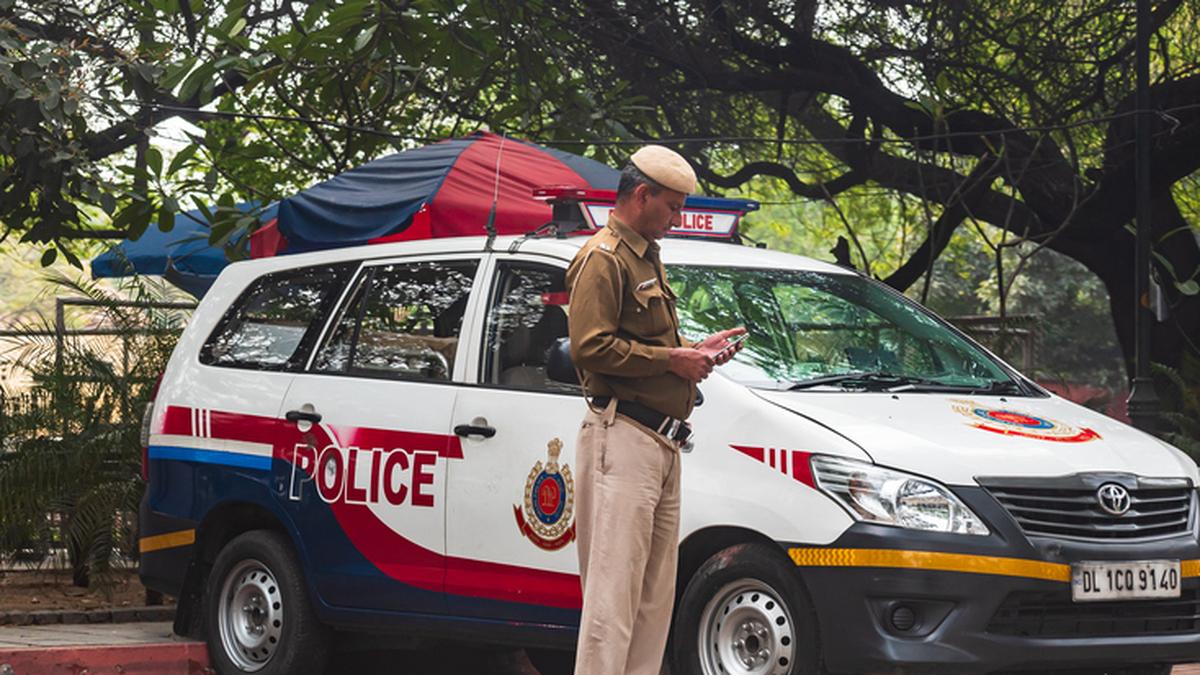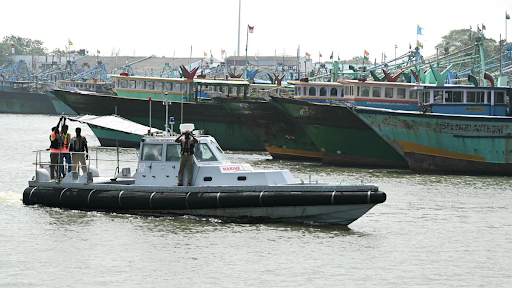Description

Disclaimer: Copyright infringement is not intended.
Context: A significant number of Indians are victims of financial fraud over the Internet. Criminals are allegedly based in Myanmar, Laos, and Cambodia.
Details:
- Indian Cybercrime Coordination Centre (I4C) found that 46% of reported frauds from January to April originated from these three countries.
- Victims lost an estimated Rs 1,776 crore during this period.
- National Cybercrime Reporting Portal (NCRP) recorded 7.4 lakh complaints from January 1 to April 30, 2024.
- 56 lakh complaints were received in all of 2023.
- Complaints in previous years: 9.66 lakh (2022), 4.52 lakh (2021), 2.57 lakh (2020), and 26,049 (2019).
Types of Cybercrime which happened in SE Asia:
- Trading Scam:
- Fraudsters used social media ads with fake news and stock market expert images.
- Victims joined WhatsApp or Telegram groups for trading tips.
- Directed to install unregistered trading apps and deposit money for buying shares.
- Shown fake profits and encouraged to invest more, sometimes paying "taxes" on profits.
- Total loss: Rs 1420.48 crore.
- Digital Arrest:
- Victims received calls claiming involvement in illegal activities.
- Contacted via Skype or other video platforms by fake law enforcement officials.
- Demanded money for compromise and case closure.
- Victims were "digitally arrested" until demands were met.
- Total loss: Rs 120.30 crore.
- Investment Scam (Task-Based):
- Received WhatsApp messages offering large sums of money for home-based tasks.
- Tasks involved boosting social media ratings for a fee.
- Initially received small payments, followed by requests for larger deposits for higher returns.
- Victims asked to complete more tasks to improve "performance score."
- Total loss: Rs 222.58 crore.
- Romance/Dating Scam:
- Victims lured by fake profiles of foreign women on dating/social media sites.
- Scammers proposed relationships or marriage and planned in-person meetings.
- Victims asked for money to help "detained" women at the airport.
- Total loss: Rs 13.23 crore.

Way ahead to tackle cybercrime in SE Asia:
- Regional Cooperation: Enhance collaboration among Southeast Asian countries through platforms like ASEAN to share intelligence, best practices, and resources. Example: ASEAN Cybersecurity Cooperation Strategy promotes information sharing and joint cyber defense exercises among member states.
- Strengthening Legal Frameworks: Harmonize cyber crime laws across the region to ensure consistency and facilitate cross-border investigations and prosecutions. Example: Singapore’s Cybersecurity Act 2018 sets a strong legal precedent for other Southeast Asian countries to develop comprehensive cybersecurity laws.
- Capacity Building: Invest in training law enforcement agencies, judiciary, and other stakeholders to equip them with the necessary skills and knowledge to combat cyber crimes effectively.
- Public-Private Partnerships: Foster partnerships between governments and private sector companies to improve cybersecurity infrastructure and share threat information.
- Awareness and Education: Launch public awareness campaigns to educate citizens about cyber threats and promote safe online practices.
- Technological Advancements: Invest in advanced cybersecurity technologies and tools to detect, prevent, and respond to cyber threats more effectively. Example: Indonesia’s national cyber agency (BSSN) invests in advanced threat detection systems and cybersecurity infrastructure.
- Incident Response Teams: Establish and strengthen Computer Emergency Response Teams (CERTs) in each country to provide a coordinated response to cyber incidents.
Source:
https://indianexpress.com/article/explained/criminals-southeast-asia-indians-cybercrime-9358206/
|
PRACTICE QUESTION
Q.Discuss the growing challenges of cybercrimes in Southeast Asia. What are the key factors contributing to the rise of such crimes in the region? Critically Examine. (250 words)
|











